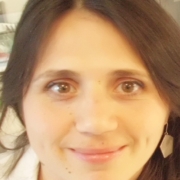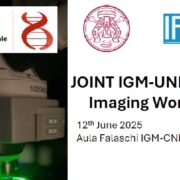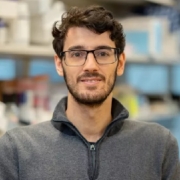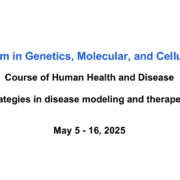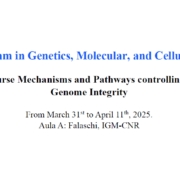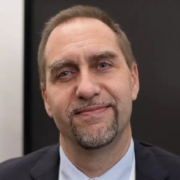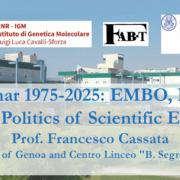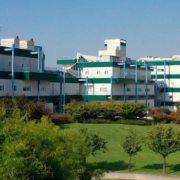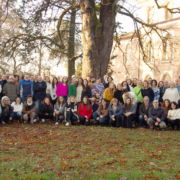New insights into ALS: why damaged DNA is not repaired
A study conducted at the “Luigi Luca Cavalli-Sforza” Institute of Molecular Genetics of the National Research Council in Pavia (CNR-IGM) has produced key results in defining the molecular mechanisms underlying the accumulation of DNA damage in cells affected by Amyotrophic Lateral Sclerosis (ALS)—a devastating neurodegenerative disease that still lacks effective treatment options and is increasingly prevalent worldwide.
The research, funded by the AriSLA Foundation, involved contributions from researchers at the Institute of Translational Pharmacology (CNR-IFT), the Institute of Molecular Biology and Pathology (CNR-IBPM), Sapienza University of Rome, the University of Rome Tor Vergata, the Mondino Institute in Pavia, and IFOM in Milan.
The results, published in the scientific journal Cell Death & Differentiation, reveal that aggregates of the proteins FUS and TDP-43—which accumulate in ALS patients—prevent cells from detecting and repairing DNA damage. This leads to a rapid buildup of DNA lesions, resulting in genomic instability and cellular distress. While in healthy individuals cells are able to repair the multiple DNA injuries that occur daily through a process known as the “DNA Damage Response,” in ALS patients this cellular response does not function properly, thus contributing to neurodegeneration.
Sofia Francia, researcher at CNR-IGM and coordinator of the study, explains: “In a previous study funded by AriSLA, we had already shown that the aggregation of FUS and TDP-43 proteins blocks the ability of cells to signal and repair DNA damage. As a result, damaged DNA accumulates rapidly, compromising genomic function and harming the cell. Today, having identified the main actors involved in this dysfunction has enabled us to test, at the cellular level, a therapy using a drug already approved for its antibacterial activity, and more recently found to also have anticancer properties. The results are extremely promising, as they represent a first step that will allow us to continue the research in more advanced models and, hopefully, lead to potential new therapies.”
The study suggests repurposing an already-approved molecule for ALS treatment, offering the potential for a faster impact on patients.
“We are pleased with these results, which stem from multiple AriSLA-supported studies and confirm the importance of maintaining support for high-quality research evaluated through our rigorous peer-review process,” adds Anna Ambrosini, AriSLA Scientific Director.
ALS is one of the greatest challenges in the field of neurodegenerative diseases: diagnoses are growing exponentially in developed countries for still-unknown reasons, and the absence of effective treatments places a significant burden on national healthcare systems. By 2040, the number of people diagnosed with ALS in Europe is expected to rise by 20%—from the current 28,000 cases to approximately 35,000—partly due to the lack of effective treatments, which makes ALS an increasingly pressing issue for public health.
Contacts
Scientific contact:
Sofia Francia
CNR-IGM
sofia.francia@igm.cnr.it
+39 0382 546325
Press Office:
Francesca Gorini – francesca.gorini@cnr.it
Emanuele Guerrini – emanuele.guerrini@cnr.it
ufficiostampa@cnr.it
+39 06 4993 3383

